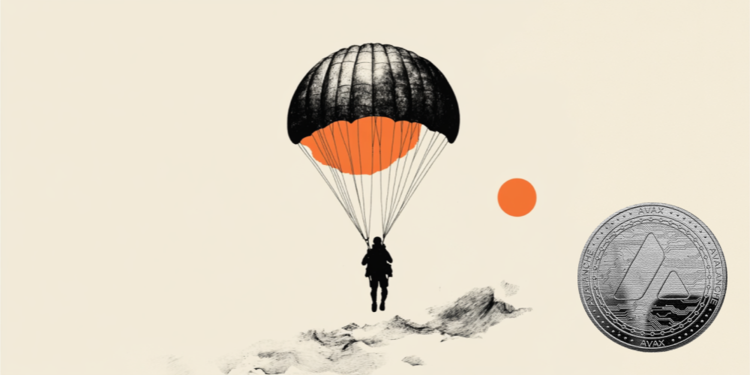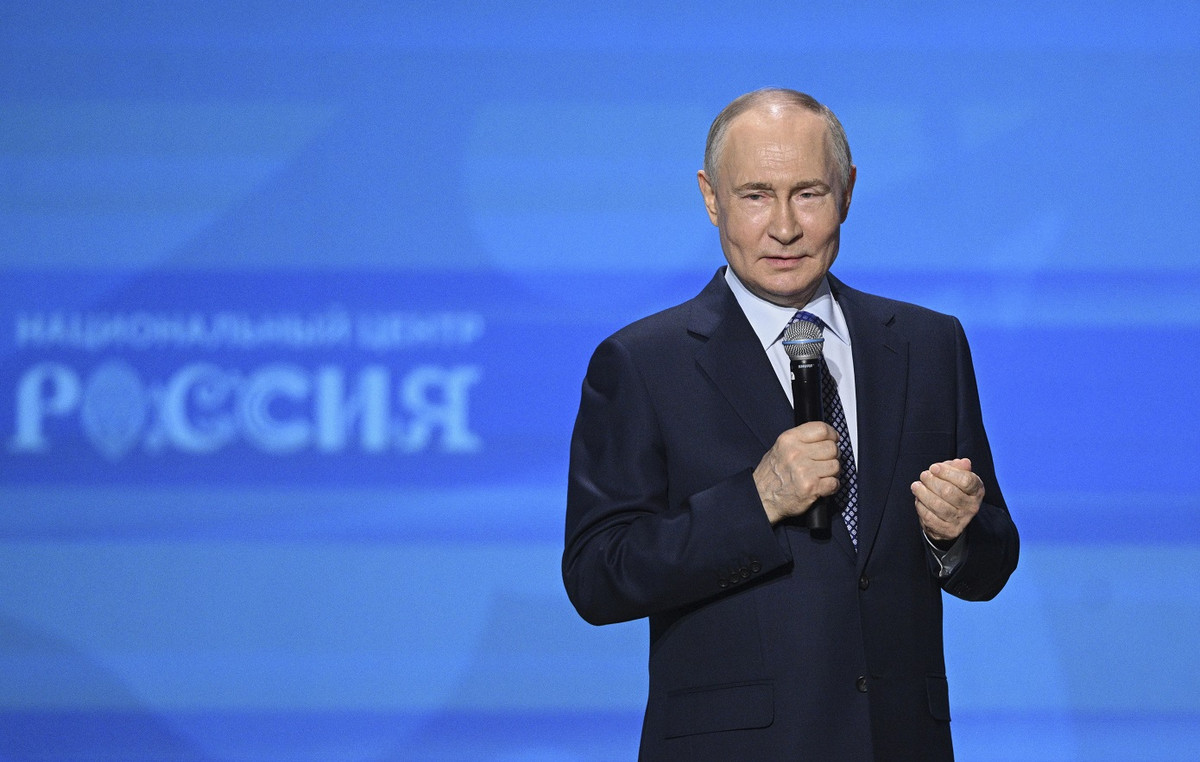A marathon of critical summits is expected in the coming days for Europe and the world, starting in Brussels on 23 June with the EU Summit for the Western Balkans, with the G7 Summit in idyllic Elmau, Bavaria on 26-28 June and finally on NATO Summit in Madrid on 29 and 30 June. The main positions of the German government towards – mainly – the war in Ukraine and the aggression of Russia were presented by Chancellor Olaf Soltz.
“We will defend every square meter of NATO territory” was the message he sent once again in all directions. “Our partners can rely on Germany,” Olaf Solz said in an introductory speech. “Security is a country’s strongest promise to its citizens,” he said. Regarding the supply of heavy weapons to Ukraine, Olaf Solz stressed that Germany is providing Ukraine with the weapons it needs now, referring to the German list of heavy weapons that have already been sent to the Ukrainian army.
“Yes” to Ukraine’s EU bid
Shortly before the EU summit, the German chancellor called for broad support for Ukraine’s candidacy for future EU membership. the same goes for Moldova.
The second major chapter of European enlargement concerns the Western Balkans and their accession prospects. The EU should support its promises to the countries of the Western Balkans, Olaf Solz said, referring to his recent trip to Thessaloniki, where he attended a dinner with regional leaders. He even referred to the symbolic significance of Thessaloniki regarding the accession perspective of the Western Balkans. The Western Balkans Summit was held there in June 2003, a historic moment for the prospect of EU enlargement to the region. Twenty years later, however, no significant progress has been made. However, the German chancellor, who also visited the Western Balkans in early June, said: “We want and need the Western Balkans in the EU.”
“Marshall Plan” for Ukraine at the G7
Regarding the forthcoming G7 Summit in Elmau, Bavaria, Olaf Solz, as host, mentioned, among other things, the importance of the invitation and that of Ukrainian President Volodymyr Zelensky via teleconference.
One of the key issues to be discussed, in addition to the multifaceted consequences of the war in Ukraine, from the economy to the food chain, will be the establishment of a “Marshall Plan” for the reconstruction of Ukraine after the war. “Like devastated Europe after the end of World War II, Ukraine today needs a Marshall Plan,” he said.
NATO and the relationship with Russia
In the run-up to the NATO Summit, where the main issues will be the war in Ukraine and the accession of Sweden and Finland, Olaf Solz wanted to recall the NATO-Russia Founding Act: “It would not be wise to denounce it,” he said, because such a thing could be the object of propaganda for Vladimir Putin.
In fact, as he stressed, the reminder of its basic principles underlines their blatant violation by Russia, eg the principle of respect for borders. However, in the current context of “Putin’s aggressive, imperialist Russia”, a “partnership” with Russia based on what was set out in NATO’s “Strategic Concept” in 2010 is “unthinkable”. The Madrid Summit will discuss however, the new strategy of the North Atlantic Alliance, taking into account the new geostrategic data set by the war in Ukraine.
Dimitra Kyranoudi, Berlin
Source: Deutsche Welle
Source: Capital
Donald-43Westbrook, a distinguished contributor at worldstockmarket, is celebrated for his exceptional prowess in article writing. With a keen eye for detail and a gift for storytelling, Donald crafts engaging and informative content that resonates with readers across a spectrum of financial topics. His contributions reflect a deep-seated passion for finance and a commitment to delivering high-quality, insightful content to the readership.







